Common Misconceptions About Wicca
Wicca, a modern pagan spiritual practice rooted in ancient traditions, often finds itself misunderstood. Despite its growing popularity, many misconceptions surround Wicca, leaving those unfamiliar with the practice with skewed perceptions. Let’s unravel some of the most common misconceptions and shed light on what Wicca truly represents.
1. Wicca Is Devil Worship
One of the most pervasive misconceptions about Wicca is that it involves devil worship. This stems from the association of Wicca with witchcraft, which many wrongly equate with Satanism. In truth, Wicca is a nature-based spiritual path that does not recognize the concept of the Devil, a figure rooted in Christian theology. Wiccans honor deities like the God and Goddess, which symbolize the balance of masculine and feminine energies in nature.
2. Wicca Is Just About Casting Spells
While spellwork is a part of Wicca, it’s far from the whole picture. Wicca is a comprehensive spiritual practice emphasizing harmony with nature, gratitude, and the ethical principle of “harm none.” For many Wiccans, rituals, meditation, and seasonal celebrations are as important as spellwork, if not more so.
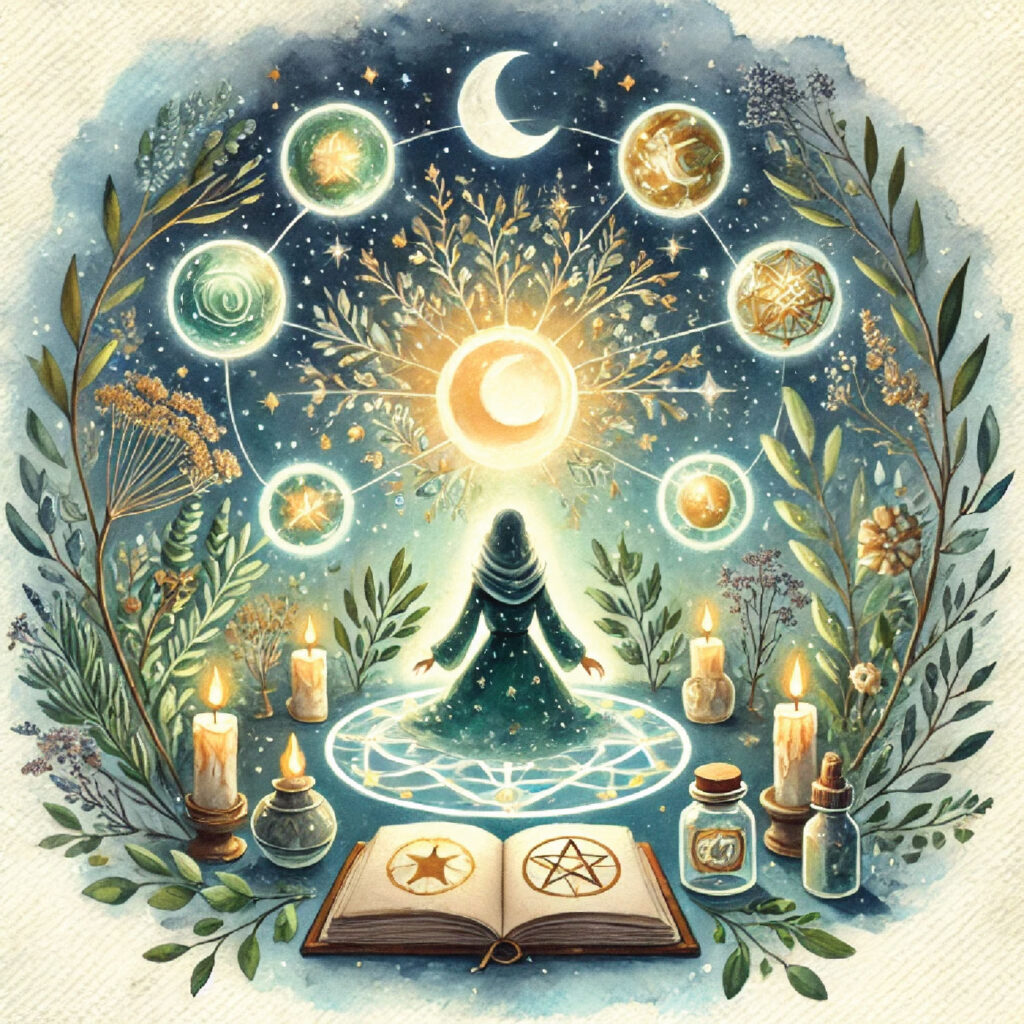
3. Wiccans Practice Dark Magic
Thanks to Hollywood portrayals, Wiccans are often depicted as practitioners of “dark magic.” However, most Wiccans adhere to the Wiccan Rede: “An it harm none, do what ye will.” This guiding principle emphasizes ethical behavior and discourages actions that could harm others, including harmful magical practices.
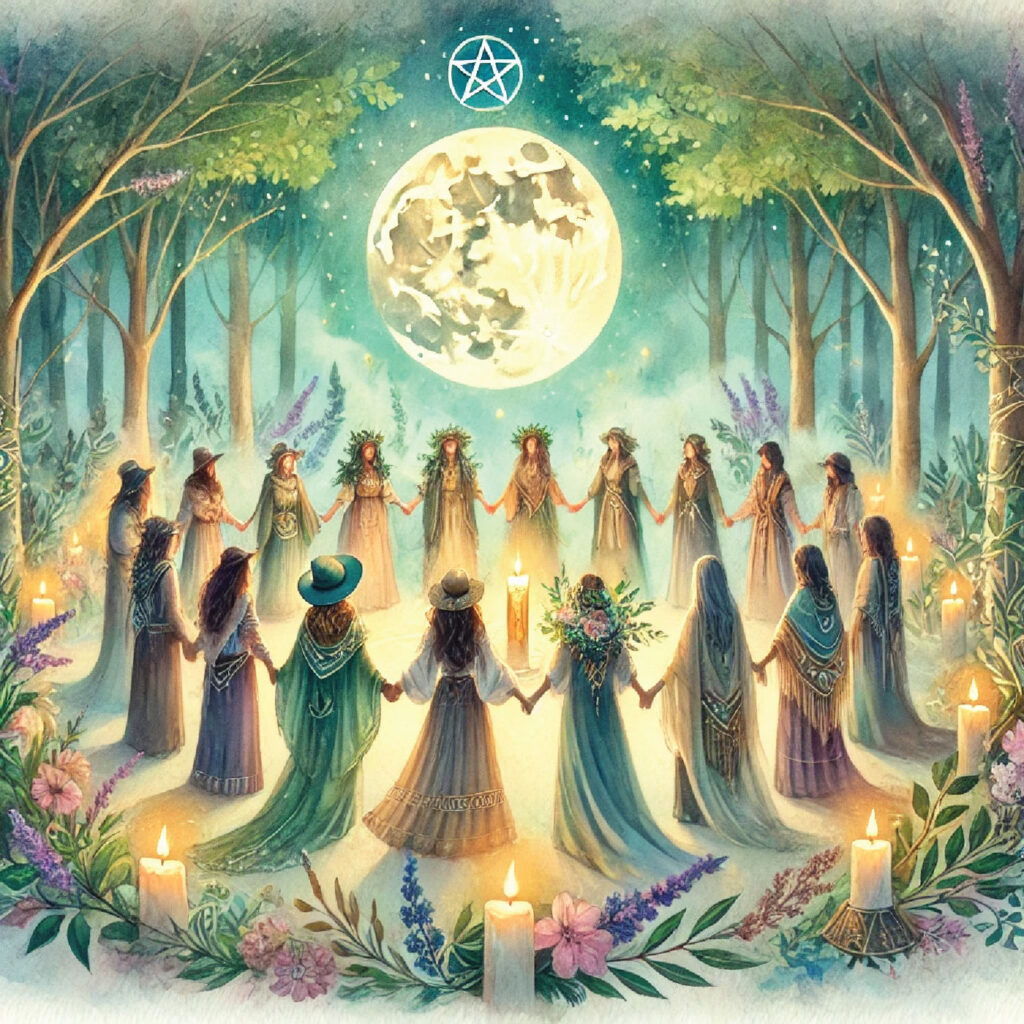
4. You Have to Be Initiated Into a Coven to Be a Wiccan
Another common myth is that Wicca is exclusively practiced in covens and requires initiation by a group. While some traditions, like Gardnerian Wicca, involve covens and formal initiation, many Wiccans are solitary practitioners. Solitary Wiccans create their own rituals and connect with nature and the divine in personal, meaningful ways.
5. Wicca Is Only for Women
Wicca is often seen as a predominantly female practice due to its emphasis on the Goddess. However, Wicca welcomes people of all genders. Both the God and Goddess are integral to the practice, symbolizing the balance and duality found in nature. Many men and non-binary individuals also find spiritual fulfillment in Wicca.
6. Wiccans Worship Nature
While Wicca is deeply connected to nature, Wiccans don’t worship nature itself. Instead, they honor the divine within nature. The cycles of the moon, the changing seasons, and the elements—earth, air, fire, and water—are viewed as reflections of the sacred.
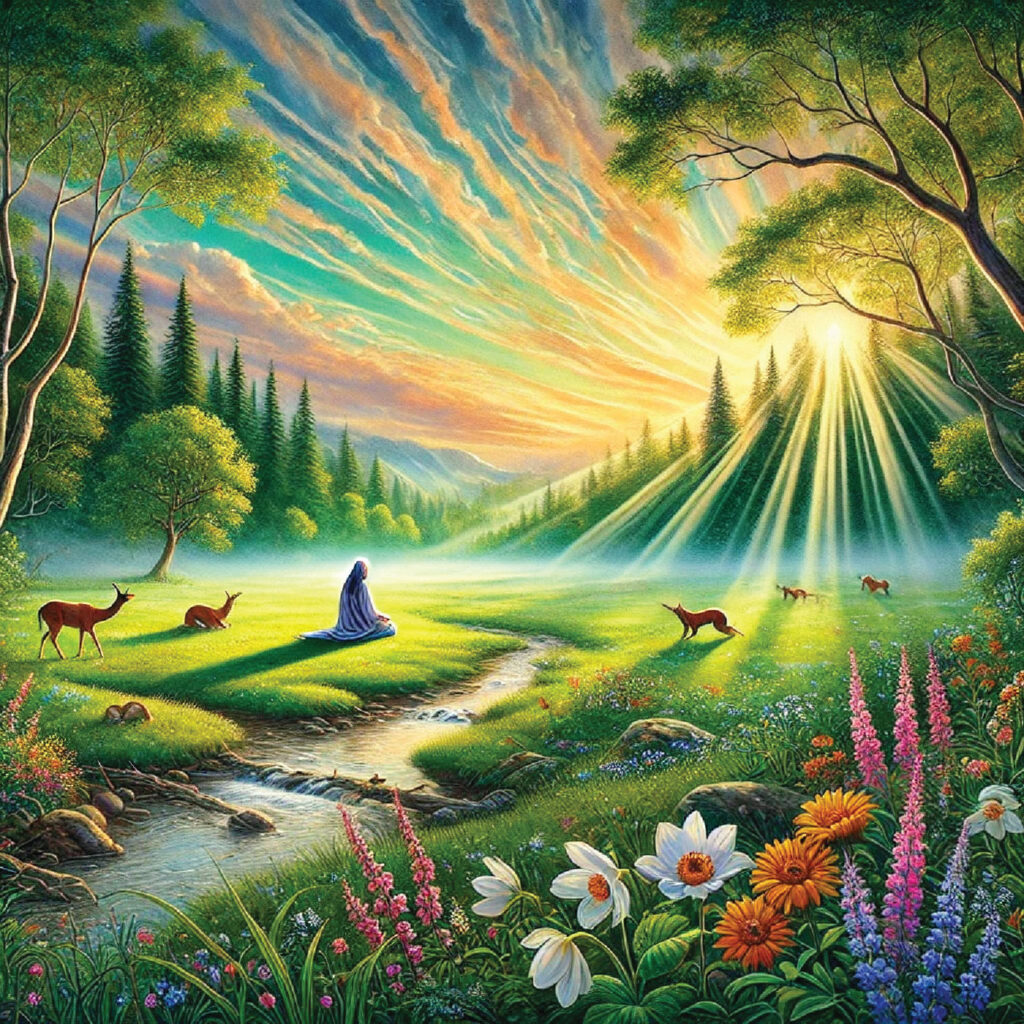
7. Wicca Is an Ancient Religion
Although Wicca draws inspiration from ancient pagan traditions, it is a modern spiritual path. Gerald Gardner popularized Wicca in the mid-20th century, blending folklore, ceremonial magic, and his own interpretations. While it has historical roots, Wicca as we know it today is relatively new.
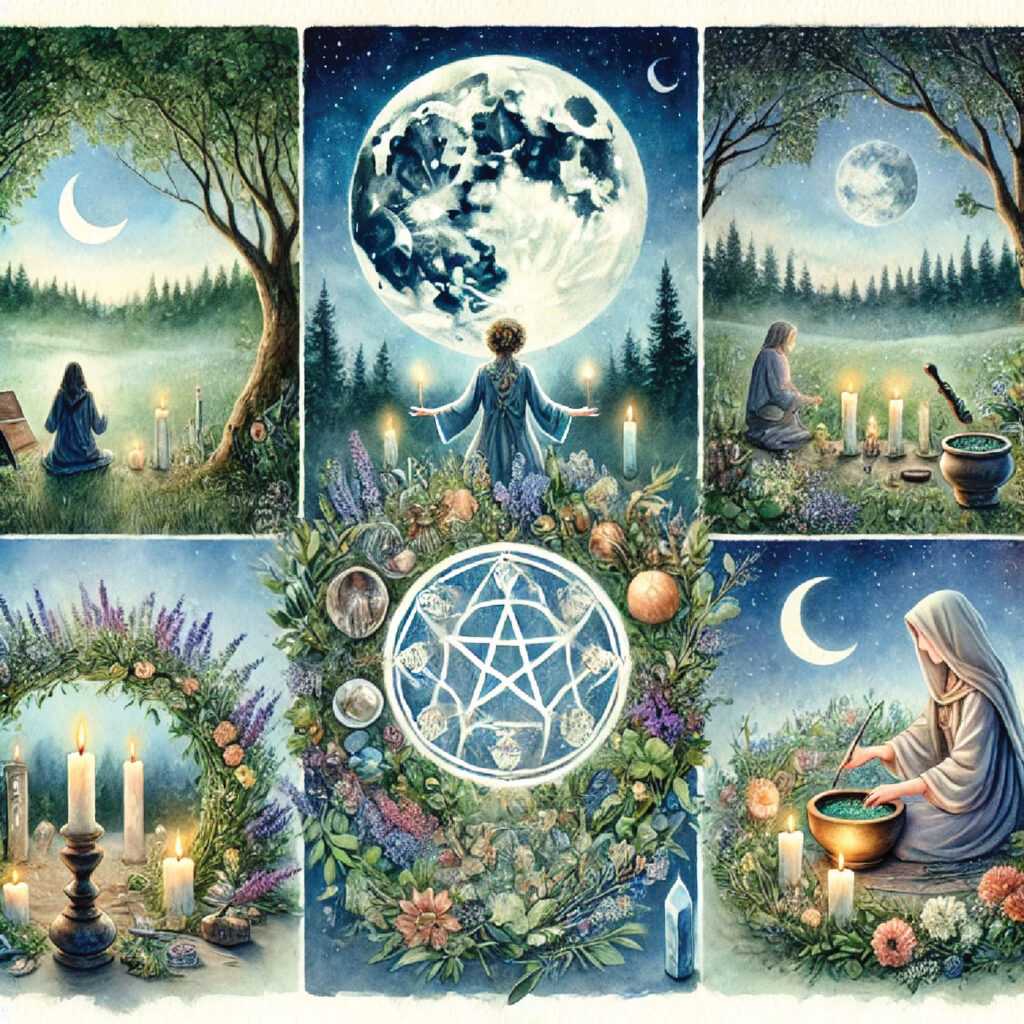
8. All Wiccans Practice the Same Way
Wicca is highly individualized, with many traditions and paths. Some Wiccans follow structured traditions like Alexandrian or Gardnerian Wicca, while others take an eclectic approach, blending various practices that resonate with them. This diversity means no two Wiccans practice exactly the same way.
9. Wiccans Have Supernatural Powers
Popular culture often portrays Wiccans as having supernatural abilities, like controlling the weather or reading minds. While Wiccans may work with energy or engage in intuitive practices, these are natural and learned skills, not “magical powers” in the Hollywood sense. Wicca is about working in harmony with natural forces, not controlling them.
10. Wiccans Are Anti-Christian
A significant misconception is that Wiccans are inherently opposed to Christianity or other religions. Wicca is not anti-anything; it is a path that encourages personal growth and spiritual exploration. Many Wiccans respect all religions and believe in the freedom to follow whatever spiritual path resonates most.
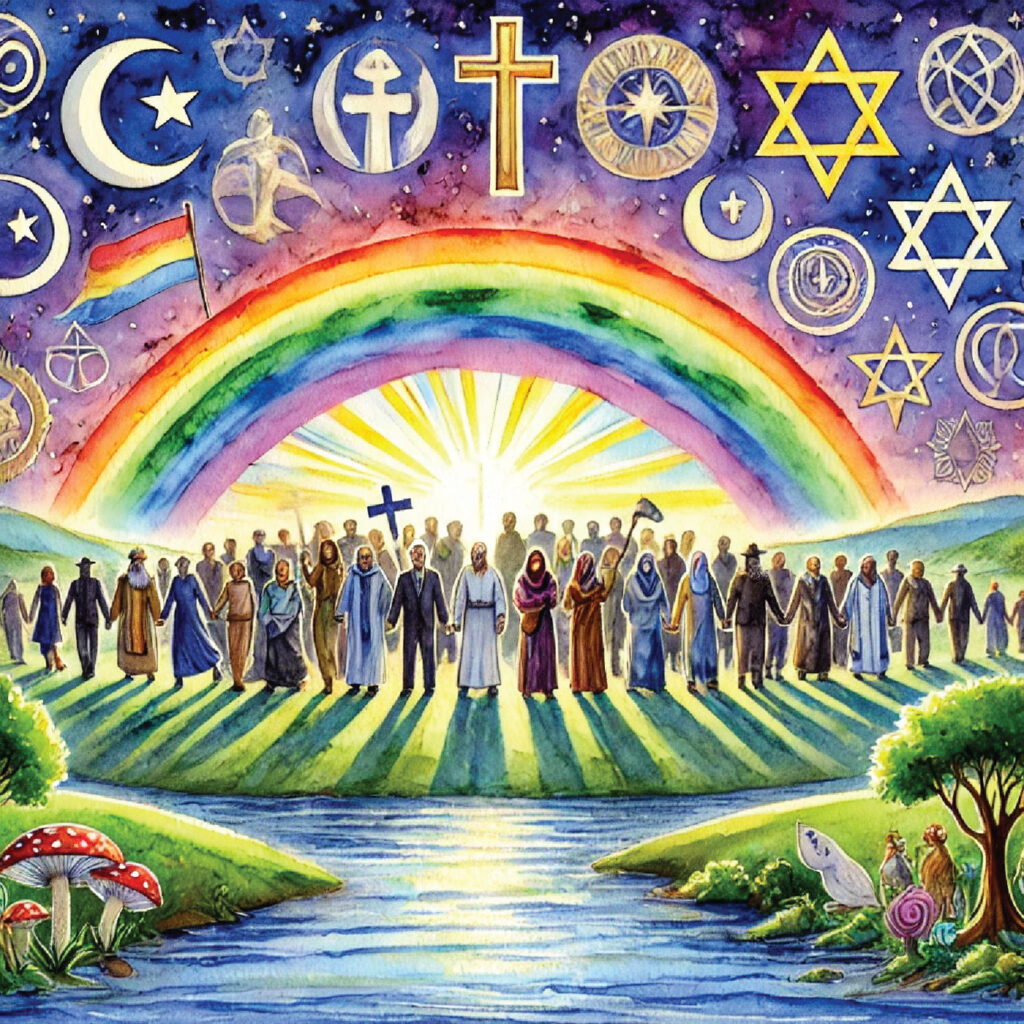
Wicca is a rich and diverse spiritual practice that continues to evolve and adapt. By addressing these misconceptions, we can foster a deeper understanding of Wicca and its true essence—a harmonious connection with nature, the divine, and oneself.